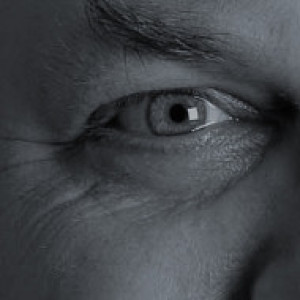Phil Space
The BBC iPlayer is such a useful service; without it I would have missed ONE DEGREE by the comedian Ben Miller. Ben explored what temperature means, how we measure one degree - or any number of them, and what happens at low and extremely high temperatures.
I found a list recently of the course modules I had studied for my Number One Degree. It included Superfluidity, so I paid special interest to the experiment captured on the middle screen. Ben Miller was watching scientists cool liquid Helium down to 2.17 Kelvin. That's 2.17 degrees above Absolute Zero, the theoretical - and never achievable - lowest possible temperature.
2.17 K is pretty cold; ice melts at 273.16 Kelvin and water turns to steam at 373.16 K. At 2.17 K liquid Helium changes its behaviour drastically. The textbooks tell you it has zero viscosity and infinite thermal conductivity. How does that happen? As Terry Pratchett would say "it's all down to Quantum".
What do these zeroes and infinities mean?
I don't think I was ever able to visualise their meaning until I saw the experiment observed by Ben Miller. As the pressure in the vessel was lowered the temperature cooled to 2.17 K, and the Helium stopped bubbling and became unnaturally still as it changed to a physical state in which all He atoms instantly reached the same temperature. This neutralised the local temperature differences that usually lead to the formation of bubbles.
Even more strangely, the superfluid Helium in the small container Ben then hauled out of the main tank started flowing effortlessly through the apparently solid bung in the bottom of the tube to drip back into the main reservoir. You could see it happening on the screen; colourless superfluid Helium dribbling through the bottom of the container as the experiment progressed.
It was something I don't recall observing as an undergraduate; how I wish I had. It's something all schoolchildren should witness - a direct insight into the wonderful world of quantum effects and the unimaginably small.
A direct insight into the truth that we are mostly made, not of water, but of empty space.
A Superfluid
Bose Einstein Condensate rolls
easy off the tongue
- 0
- 0
- Nikon D5000
- 1/50
- f/3.5
- 18mm
- 800

Comments
Sign in or get an account to comment.


